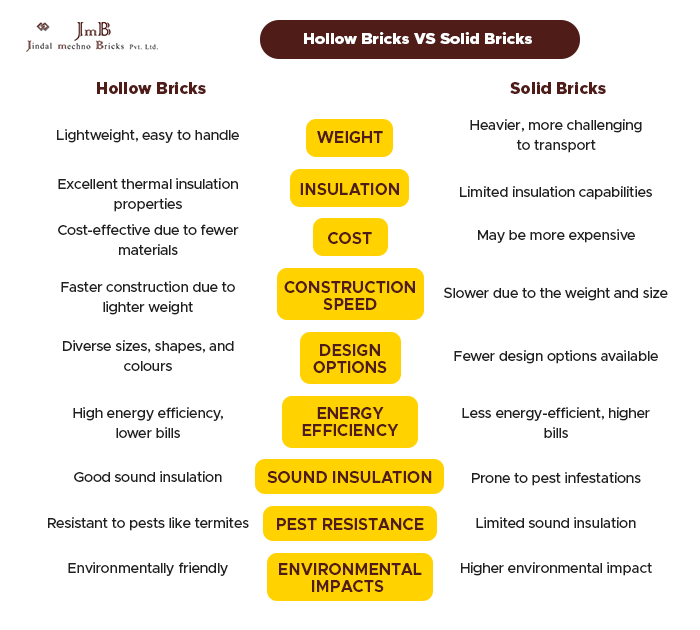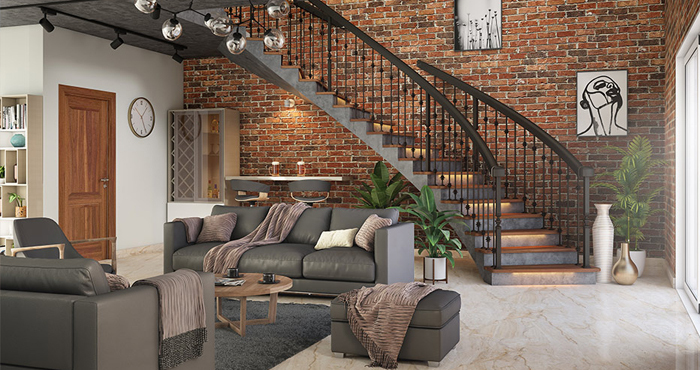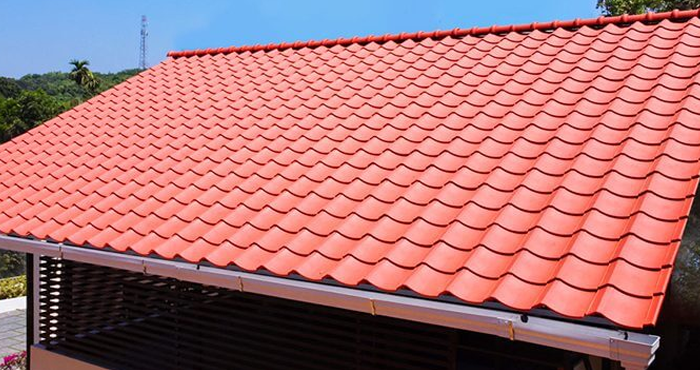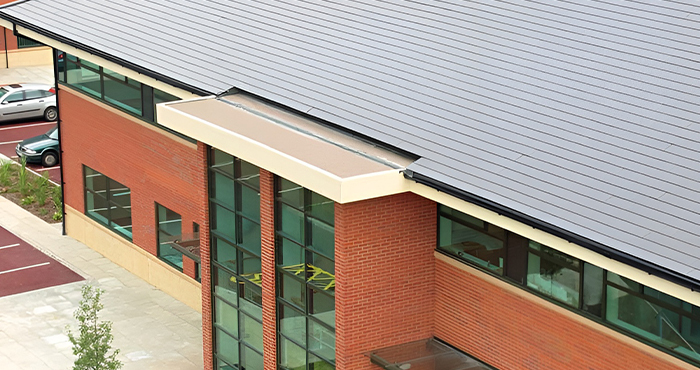When it comes to building or renovating your dream home, choosing the right type of bricks is a crucial decision. This decision is very important in affecting the overall strength and visual appeal factor of your home or building. Out of various popular bricks, two popular options you’ll often come across are hollow bricks and solid bricks. Each has its own set of benefits and drawbacks.
In this blog, we’ll break down the differences between hollow bricks and solid bricks to help you make an informed choice for your project.
Hollow Bricks VS Solid Bricks

Understanding Hollow Bricks
Concrete blocks or concrete masonry units (CMUs), commonly referred to as hollow bricks, are thin bricks with hollow cores. These gaps could be left empty or could be filled with insulation. The following are a few of the main benefits of using hollow bricks:
Lightweight and Easy to Handle
Since hollow bricks are substantially lighter than solid bricks, they are simpler to move, lift, and use when building. This can cut down on labour costs and save time.
Excellent Insulation
One of the major advantages of hollow bricks is their insulation properties. The hollow cores create air pockets that act as natural thermal insulators. This helps regulate indoor temperatures and can lead to energy savings on heating and cooling.
Cost-Effective
Hollow bricks are often more cost-effective than solid bricks because they require fewer raw materials to produce. This can make them a budget-friendly choice for your construction project.
Faster Construction
Their size and weight make hollow bricks ideal for speedy construction. They can be laid quickly, reducing the overall project timeline.
Versatility
Hollow bricks come in various sizes, shapes, and colours, offering flexibility in design. You can choose from a range of options to match your aesthetic preferences.
Energy Efficiency
The natural insulation properties of hollow bricks mean that your home will be more energy-efficient. You’ll spend less on heating and cooling bills, and your carbon footprint will be smaller.
Sound Insulation
Hollow bricks also provide good sound insulation, reducing noise from outside and between rooms. This can contribute to a quieter and more comfortable living environment.
Resistance to Pests
The hollow cores in these bricks make it difficult for pests like termites to establish nests. This can save you from potential pest-related problems in the future.
Environmentally Friendly
Because they use fewer raw materials, hollow bricks are considered environmentally friendly. They also have a longer lifespan, reducing the need for replacements and repairs.
Understanding Solid Bricks
As the name suggests, solid bricks are bricks without hollow spaces. Solid bricks are dense, heavy building materials made from fired clay or concrete. They lack hollow spaces in their structure, making them sturdy and durable. Solid bricks are known for their traditional aesthetic appeal and have been used in construction for centuries.
Despite providing less insulation than hollow bricks, they are renowned for their robustness and resistance to pests. However, because of their weight, handling and shipment may be more difficult, and construction may take longer. The following are some disadvantages of using solid bricks:
Weight
Since solid bricks are heavier than hollow bricks, handling and transportation may be more difficult. For building, you could require additional workers and tools.
Reduced Insulation
Compared to their hollow counterparts, solid bricks offer less insulation. This implies that your home might be less energy-efficient, which could result in a rise in your heating and cooling expenses.
Slower Construction
The weight and size of solid bricks can slow down the construction process. The time needed to lay these bricks may cause the project’s completion date to be pushed back.
Limited Design Options
Solid bricks come in fewer sizes and styles, which may limit your design choices. You may find hollow bricks more suitable if you have specific aesthetic preferences.
Conclusion
In the hollow bricks vs. solid bricks debate, it’s clear that hollow bricks have numerous advantages, including being lightweight, energy-efficient, and cost-effective. However, the choice ultimately depends on your specific project requirements, budget, and design preferences.
If you prioritise energy efficiency, insulation, and ease of construction, hollow blocks may be the better option for you. On the other hand, if you have a project where weight and traditional aesthetics are crucial, solid bricks might be the way to go.
So, if you are looking for the best hollow building blocks or bricks, contact Jindal Mechno Bricks. They are known for providing hollow block bricks at affordable costs. Contact us now to know the hollow bricks price and much more.
FAQs
FAQ 1: Are hollow bricks less durable than solid bricks?
Answer: No, hollow bricks are not necessarily less durable. Both hollow and solid bricks can be durable, but their longevity depends on factors such as the materials’ quality and proper construction techniques. Solid bricks may be denser, but hollow bricks can also have a long lifespan if manufactured and used correctly.
FAQ 2: Do hollow bricks cost less than solid bricks?
Answer: Yes, hollow bricks are generally more cost-effective than solid bricks. This is because they require fewer raw materials to produce and are lighter, reducing transportation and labour costs. Hollow bricks may be a better choice if you’re looking for a budget-friendly option.
FAQ 3: Can I use hollow bricks in areas with extreme weather conditions?
Answer: Yes, you can use hollow bricks in areas with extreme weather conditions. In fact, hollow bricks’ natural insulation properties can help regulate indoor temperatures, making them suitable for both hot and cold climates. They can contribute to energy efficiency and comfort in your home.
FAQ 4: Are solid bricks better for load-bearing structures?
Answer: Solid bricks are often preferred for load-bearing structures because of their higher density and strength. They can bear heavier loads without compromising structural integrity. However, if designed and constructed appropriately, hollow bricks can also be used for load-bearing walls.





